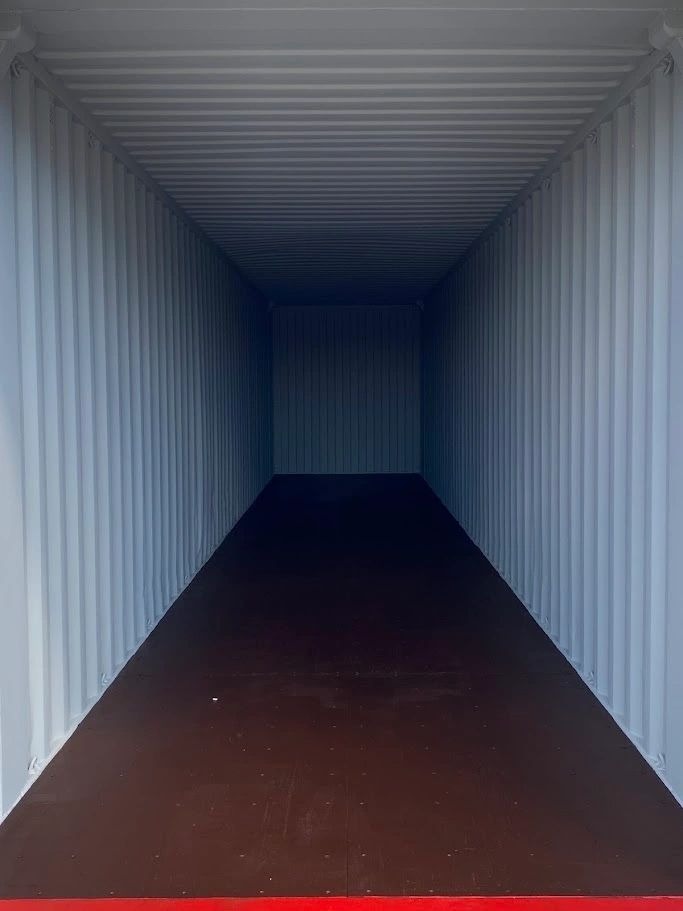The 12 Best Shipping Container Business Accounts To Follow On Twitter
The Shipping Container Business: An Opportunity in a Changing World
Over the last few years, the shipping container business has grown significantly, driven by the flourishing e-commerce sector, globalization of trade, and innovative uses for repurposed containers. No longer limited to simply carrying cogcontainersltd.com across seas, shipping containers have actually gotten in different markets, including housing, pop-up shops, and even workplaces. This article will look into the dynamics of the shipping container business, its trends, challenges, and profitable chances, providing vital insights for striving entrepreneurs and seasoned investors alike.
The Rise of the Shipping Container Business
Shipping containers were initially developed for worldwide cargo transport. However, as business owners started to see their potential beyond standard logistics, the shipping container industry broadened into numerous sectors. Since 2023, the worldwide shipping container market is projected to be worth ₤ 9.4 billion and is anticipated to grow at a compound yearly growth rate (CAGR) of 6.5% in between 2023-2030.
Existing Market Trends
Eco-Friendly Construction: Increasing ecological awareness drives need for sustainable housing solutions. Shipping containers are ending up being popular as environment-friendly alternatives for metropolitan housing.
Logistics and Supply Chain Optimization: The COVID-19 pandemic highlighted the significance of robust supply chains, resulting in increased investments in container logistics.
Repurposing for Retail: Pop-up shops and cafés using shipping containers are proliferating in metropolitan settings, offering a distinct shopping experience.
Remote Work Accommodations: With the rise of remote work, people and companies are repurposing containers into offices and work areas.
Summary of the Shipping Container Business
Comprehending the different elements of the shipping container business is crucial for anybody looking to get in the field. The table below details crucial chances, potential challenges, and market sectors within the industry.
Sector
Opportunities
Challenges
**Shipping & & Logistics Increased demand for shipping service Competitors from traditional transport Modular Homes & Offices Increase in sustainable living needs Regulatory and
zoning constraints Retail and
Food Services Special branding opportunities Restricted consumer awareness Storage Solutions
**
Growing requirement for space efficiency Seasonal demand variations Initial Considerations for Entrepreneurship Starting a shipping container businessneeds careful preparation and****
strategic decision-making. Here are the important actions to get started: Research
Your Market: Analyze existing trends, demographics, and
potential competition. Recognize niches within the container business— be it retail, construction, or logistics. Business Plan Development: Create an extensive business strategy outlining your business design, marketing strategy* , and monetary projections. Legal Requirements: Investigate and adhere to local * zoning laws, building codes, and required licenses. Sourcing Containers: Establish relationships with shipping business or container depots for competitive pricing. Design and Modify * : Invest in design and customization if focusing on construction or retail sectors. Teaming up with designers can enhance your offerings. Often Asked Questions(FAQs )1. What kinds of shipping
containers are offered for business usage? Requirement containers: Used for general cargo.
Reefer containers:
Temperature-regulated containers ideal for perishables. Open-top containers: Ideal for oversized cargo. Flat-rack containers: Useful for heavy or big items.
- 2. How is the cost of shipping containers determined? The cost of shipping containers is affected by a number of elements, consisting of: Age and condition of the container Type and
size Current market demand Distance from providers 3. Are there financing options readily available for buying shipping
- containers? Yes, various funding options
- are available: Loans: Traditional bank loans or specialized loaning for shipping
- containers. Leasing: Renting containers might be an
- appropriate option for organizations with low startup capital.
4. What zoning and regulative restrictions should I think about
? Zoning laws differ, so it's vital to research study regional policies that dictate:
- The acceptable usage of shipping containers
- Building regulations for construction projects Any necessary
- permits for running a business
5. What maintenance is required for shipping containers?
Regular maintenance includes: Checking for rust and
- rust Ensuring water-tightness Inspecting for structural integrity after use With its flexibility andsustainability, the shipping container business provides considerable growth opportunities in various sectors.****
Whether one picks to focus on creative applications in retail, innovative housing solutions, or the improvement of shipping logistics, the potential is vast. Entrepreneurs in this field* must be prepared to browse obstacles such as regulatory requirements and stiff competition. However, with
the ideal marketing research, tactical preparation, and a desire
to adapt to market patterns, anybody can
- turn shipping containers into a rewarding
- business venture. As the global economy continues to change, the shipping container business is
poised for continuous advancement, therefore offering interesting prospects for entrepreneurs willing to believe outside the box— possibly even literally!

- 2. How is the cost of shipping containers determined? The cost of shipping containers is affected by a number of elements, consisting of: Age and condition of the container Type and